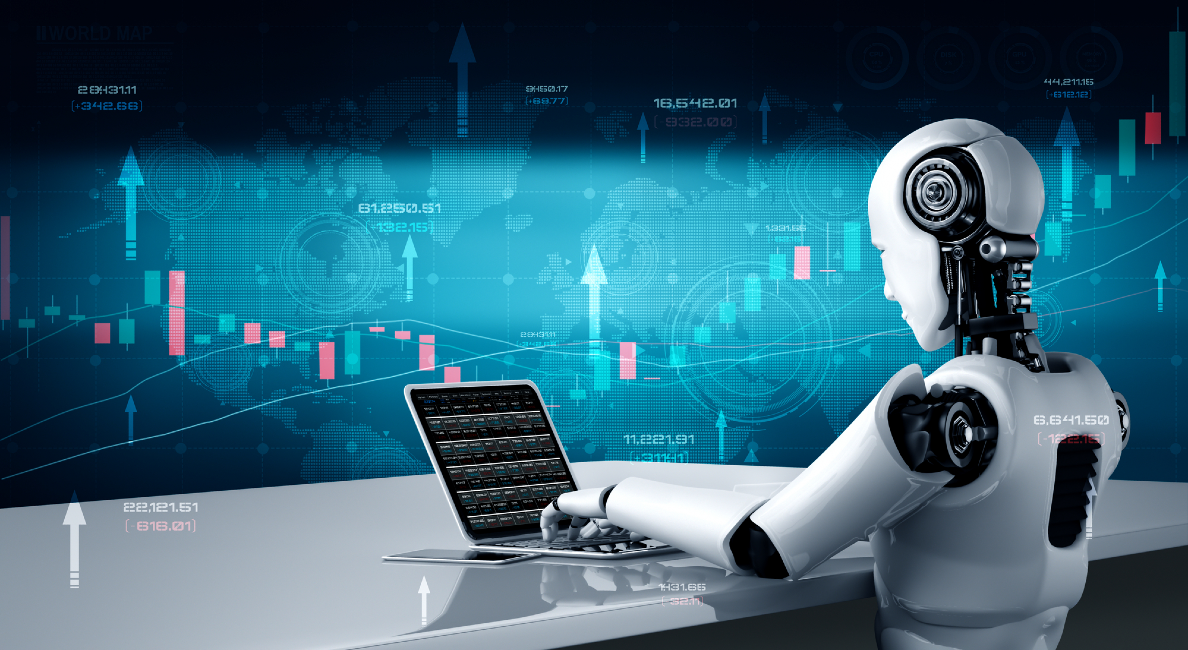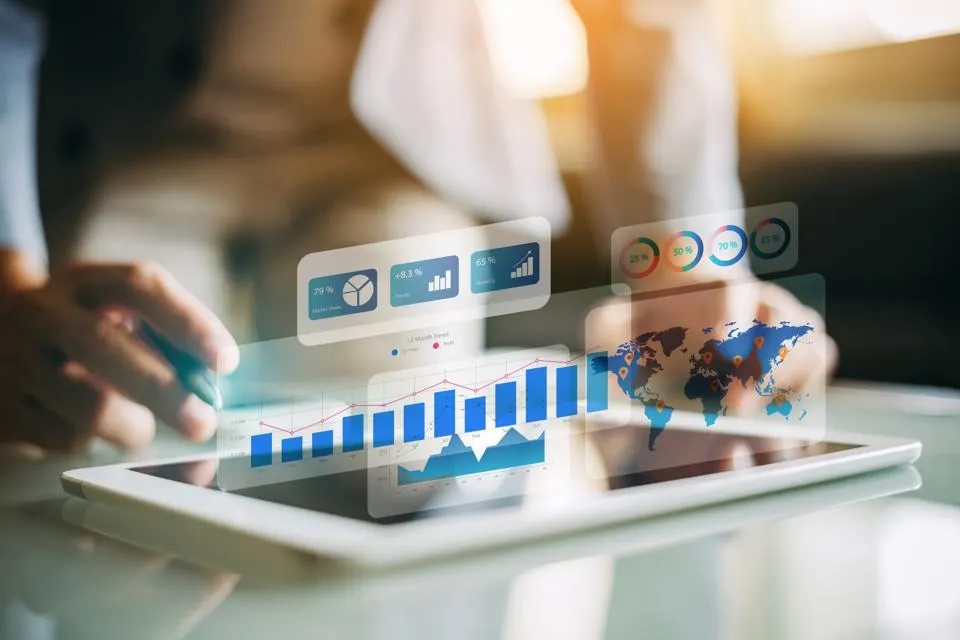AI trading is gaining popularity because it analyzes and interprets huge amounts of data in real-time. Economic indicators, geopolitical events, social media sentiment, and news headlines influence financial markets. Traditional human analysts often struggle to keep up with this deluge of information, let alone process it all effectively. AI trading systems simultaneously analyze multiple data sources, revealing subtle patterns and correlations beyond human observation. By gaining a holistic view of market dynamics, investors can potentially make more accurate predictions and make better trading decisions.
Human traders are susceptible to various psychological factors that cloud judgment and lead to suboptimal decisions. AI trading systems, devoid of emotions, execute trades based solely on data and predefined strategies, maintaining consistency even in highly volatile market conditions. This emotional detachment is particularly valuable during times of market stress when human traders might be prone to panic selling or impulsive decision-making.
AI trading systems can operate 24/7 without fatigue is another significant advantage that appeals to investors. AI trading platforms monitor markets continuously, identifying opportunities and executing trades at any time of day or night. This constant vigilance ensures that investors don’t miss out on potential profits due to time zone differences or the need for sleep and rest. For many investors, the idea of having a tireless, always-on trading assistant is highly attractive, especially in fast-moving markets where timing can be crucial.
Customization is also a key features of AI trading that contribute to its growing popularity. These systems are tailored to suit individual investment goals, risk tolerances, and trading styles. Whether an investor prefers a conservative, long-term approach or a more aggressive, short-term strategy, AI trading platforms are configured accordingly. Many immediate 1a pro air trading systems learn and adapt over time, refining their strategies based on changing market conditions.
Democratization of sophisticated trading strategies
Advanced trading techniques and high-frequency trading were the domain of large institutional investors with significant resources. AI trading platforms have levelled the playing field. Today, individual investors access AI-powered tools and strategies once available only to professional traders and hedge funds. By democratizing trading technology, a new generation of investors is being empowered to compete more effectively globally.
AI trading integration with mobile technology has further accelerated its adoption among investors. User-friendly mobile apps powered by AI algorithms allow investors to monitor their portfolios, receive real-time market insights, and execute trades from anywhere at any time. AI trading is particularly appealing to younger, tech-savvy investors who value flexibility and are comfortable with digital solutions.
While AI trading has clear benefits, it’s important to note that this technology is not without challenges and limitations. AI systems make it difficult for some investors to fully understand how trading decisions are made, leading to concerns about transparency. The reliance on historical data for training AI models raises questions about their performance in unprecedented market conditions. There’s also an ongoing debate about the potential systemic risks if a large number of AI trading systems were to act in a coordinated manner during extreme market events.




